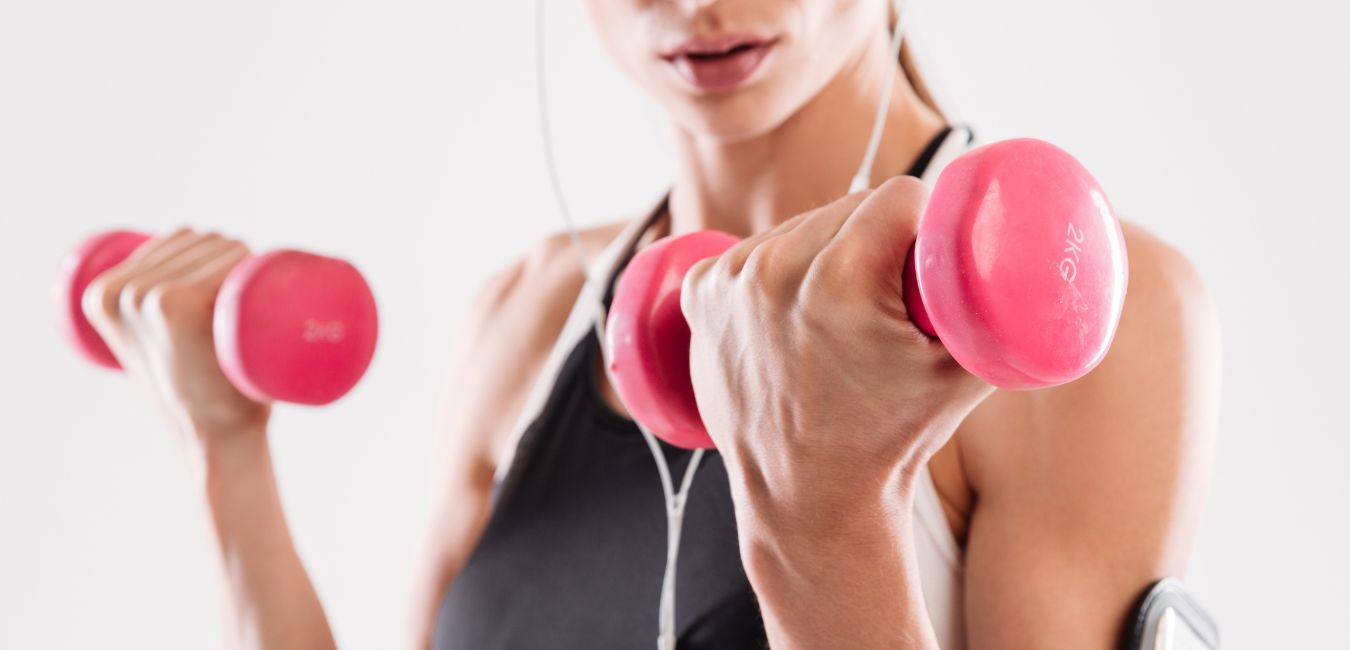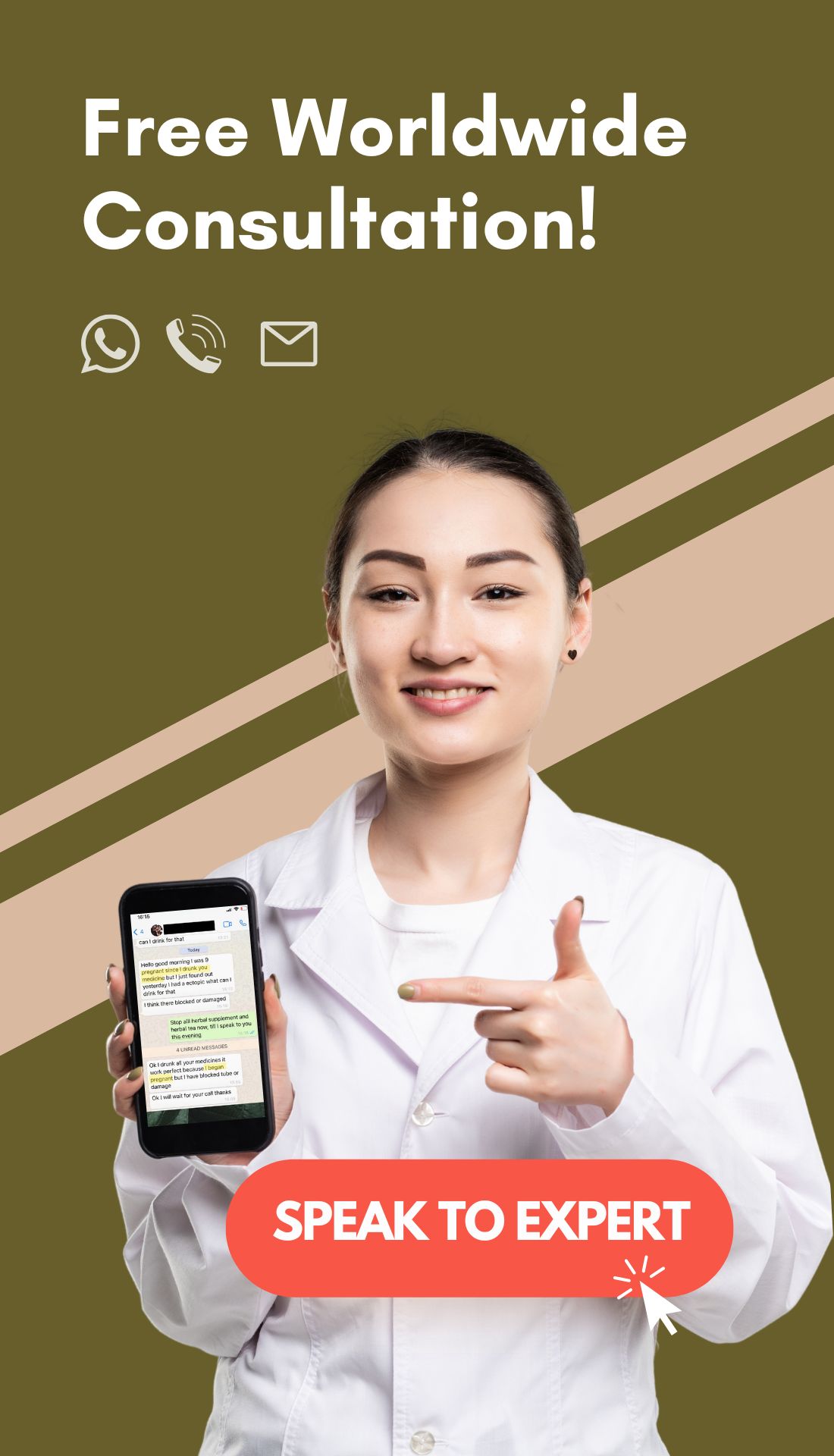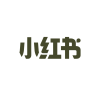
Fertility Exercise For Support Fertility: From Overtraining to Balance
What if the very exercise routine you rely on to stay healthy is hindering your fertility? Many women aged 25–35 dedicate themselves to healthy living—eating nutritious foods, staying active, and maintaining a disciplined routine. Yet, when it comes to fertility, you might feel stuck or frustrated, wondering why your efforts aren’t translating into results.
High-intensity workouts, overtraining, and the wrong kind of exercise can exhaust your body, disrupt your hormones, and create additional stress. Traditional Chinese Medicine (TCM) offers a fresh perspective, highlighting the importance of balance and harmony in your fitness routine to support fertility and overall well-being.
Let’s delve deeper into how overtraining and incorrect exercise can affect fertility and how you can adapt your routine to align with both Western medical insights and TCM principles.
Fertility Exercise or Not Exercise : The Hidden Toll of Overtraining
For women who exercise regularly, it’s easy to fall into the mindset that more is better. High-intensity interval training (HIIT), daily running, and intense gym sessions might feel productive, but in the context of fertility, they can do more harm than good. From a Western perspective, overtraining raises cortisol levels, disrupts your hormonal balance, and interferes with the hypothalamic-pituitary-ovarian (HPO) axis. This can lead to irregular periods, anovulation, or amenorrhea.
TCM offers a parallel explanation. Overtraining depletes Qi (vital energy) and Blood, which are essential for regulating your menstrual cycle and supporting fertility. Just as a car cannot run without fuel, your body cannot function optimally if it’s constantly drained of energy.
Why Overtraining Harms Fertility
What You Can Do:
- Scale Back High-Intensity Workouts: Replace some HIIT or intense cardio sessions with lower-intensity options like walking or swimming.
- Embrace Restorative Practices: Yoga, Pilates, Tai Chi and Qi Gong support the smooth flow of Qi while helping to calm the mind and reduce cortisol levels.
- Listen to Your Body: Prioritise how you feel over performance If you’re constantly fatigued or recovering poorly, it’s a sign to ease up.

Yang Vital Boost
Yang Vital Boost helps invigorate the Yang, revitalising the body’s core energy, which can be depleted due to stress and overtraining. It works by enhancing circulation, strengthening the kidneys, and increasing stamina, allowing for better recovery and overall health.

Why the Right Type of Exercise Matters
Exercise is essential for maintaining a healthy body and mind, but not all forms of exercise are created equal when it comes to supporting fertility. Over-exercising or choosing the wrong type of activity can shift your body into survival mode, prioritising basic functions over reproduction.
Exercise Types and Their Effects
1. Cardio Overload:
- While moderate cardiovascular exercise is beneficial, excessive cardio can overtax the adrenal glands, leading to hormonal imbalances.
- TCM warns against overly vigorous activity, as it disrupts the balance of Yin and Yang, creating deficiencies that compromise fertility.
2. Strength Training:
- Resistance training, when done in moderation, supports hormone production and improves bone density. However, excessive lifting can strain the body and lead to Qi stagnation.
3. Mind-Body Exercises:
- Activities like yoga, swimming, or Tai Chi and Qi Gong promote circulation, encourage relaxation, and support Qi These exercises strike the perfect balance between strengthening the body and nurturing the mind.
How to Choose the Right Routine:
- Aim for 30–45 minutes of moderate exercise 3–5 days a week.
- Incorporate activities that promote flexibility, balance, and relaxation.
- Avoid long periods of intense exercise without adequate recovery.
to create a personalised exercise plan tailored to your fertility goals, book through our free online or in-person consultation page.

Other Key Factors to Consider: Stress and Nutrition
While exercise plays a significant role, it’s just one piece of the puzzle. Stress and poor nutrition can also undermine fertility, creating additional burdens on the body.
Stress:
Chronic stress can lead to Qi stagnation in TCM and increased cortisol levels in Western medicine, both of which impair fertility. Incorporating stress-relief techniques like meditation, acupuncture, and deep breathing can make a profound difference.
Acupuncture offers a natural solution for stress reduction and hormone regulation. Discover how GinSen’s acupuncture services can help restore balance and support your fertility journey at GinSen London.
Nutrition:
TCM emphasises warm, nourishing foods that support digestion and strengthen Qi and Blood. Avoiding excessive raw or cold foods ensures your body absorbs nutrients effectively. From a Western perspective, balanced nutrition stabilises blood sugar and supports hormone production.
Simple Nutrition Tips:
- Focus on warm, cooked meals like soups, stews, and casseroles.
- Include Blood-nourishing foods like spinach, beetroot, and dates.
- Avoid skipping meals or following restrictive diets.
Overtraining can deplete Qi and Blood, leading to fatigue and weakened immunity. A supportive herbal formula like Gui Pi Tang, which nourishes both Qi and Blood, can help restore balance and promote recovery. Learn more about Gui Pi Tang.
Bringing It All Together: TCM’s Holistic Approach
TCM’s unique strength lies in its ability to treat the body as an interconnected system. By addressing the root causes of imbalance rather than just symptoms, TCM provides a path toward long-term health and fertility.
Why Balance Matters:
In TCM, health is about achieving balance—not just between exercise and rest, but also between Yin and Yang, Qi and Blood, and the mind and body. Overtraining creates an excess of Yang energy, leading to burnout, while neglecting rest depletes Yin energy, essential for fertility.
Personalised Care:
Every woman’s journey is different. Working with a qualified TCM practitioner ensures your unique needs are met with a tailored treatment plan.
Overtraining can disrupt your fertility, and we offer free consultations—either online or in-person—to explore how Traditional Chinese Medicine (TCM) can support your journey to balance and wellness. Book a session here: Consultation.
Bottom line:
Rethink Your Routine, Reclaim Your Balance
Your exercise routine is meant to strengthen your body, but when it disrupts your hormones and drains your energy, it’s time to make a change. By adopting a more balanced approach to fitness, incorporating restorative practices, and aligning your lifestyle with TCM principles, you can support your fertility while nurturing your overall well-being.
How GinSen Can Help:
- Personalised Consultation: Work with our experts to create a plan tailored to your unique needs.
- Herbal Remedies: Explore our range of herbal products to replenish Qi, balance hormones, and restore vitality.
- Acupuncture Services: Visit one of our London clinics for treatments that support fertility, reduce stress, and promote overall health.
Ready to take control of your health and fertility? Subscribe to our blog, book your free consultation, or explore our products today. Your journey to balance starts now.

References:
- Smith, A., & Jones, L. B. (2020). The Role of Exercise and Fertility: A Balanced Perspective. Journal of Reproductive Health.
- National Centre for Complementary and Integrative (2021). Acupuncture for Health Conditions. Retrieved from https://nccih.nih.gov/.
- TCM Academy. (2019). Understanding Qi, Blood, and Yin-Yang in Traditional Chinese Medicine.
For more information about how Chinese Medicine can help you with fertility, book your free consultation with our Chinese Medicine experts today
* These statements have not been evaluated by the Food and Drug Administration. This information is not intended to diagnose, treat, cure, or prevent any disease. We can’t guarantee the treatment result, as the symptoms of conditions are unpredictable and vary greatly from person to person. The treatment length and recovery time also varies for individual. Please visit our clinics website: GinSen where a specialists will discuss your care and provide a consultation, and the treatment will be designed to meet your individual needs.





